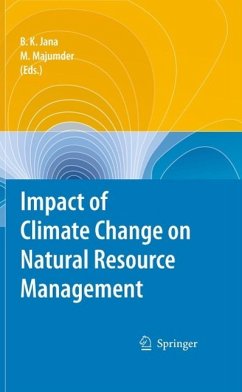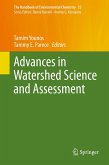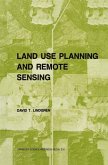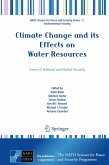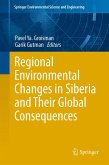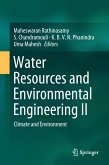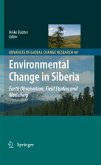Beginning with papers on carbon sequestration, including the practice of artificial desertification, the topics move on to cover the use of distributed modeling and neural networks in estimating water availability and distribution. Further chapters look at uncertainty analysis applied to the spatial variation of hydrologic resources, and finally the book covers attempts at estimating meteorological parameters in the context of hydrological variables such as evapo-transpiration from stream flow.
Within the next decade, the effects of climate change will be severe, and felt by ordinary human beings. This book proposes a raft of measures that can mitigate, if not reverse, the impact of global warming on the resources we have all come to depend on.
Key themes: climate change, water availability, neuro-genetic models, carbon sequestration, biomass carbon, remote sensing, distributed hydrologic simulation
Bipal Jana is Senior Research Fellow in the School of Water Resources Engineering. He has more than 17 years of experience in the fields of environmental engineering and management. He has completed his bachelor and master degrees in Science at Calcutta University and MBA (P G D Environmental Management) at the Indian Institute of Social Welfare and Business Management(IISWBM). He has authored over 10 papers in national and international publications.
Mrinmoy Majumder is Senior Research Fellow in the School of Water Resources Engineering. He has obtained his bachelor in Electrical Engineering from Utkal University and his master degree in Water Resources from Jadavpur University. He is the author of 2 books and more than 10 publications in national and international journals.
Dieser Download kann aus rechtlichen Gründen nur mit Rechnungsadresse in A, B, BG, CY, CZ, D, DK, EW, E, FIN, F, GR, HR, H, IRL, I, LT, L, LR, M, NL, PL, P, R, S, SLO, SK ausgeliefert werden.

